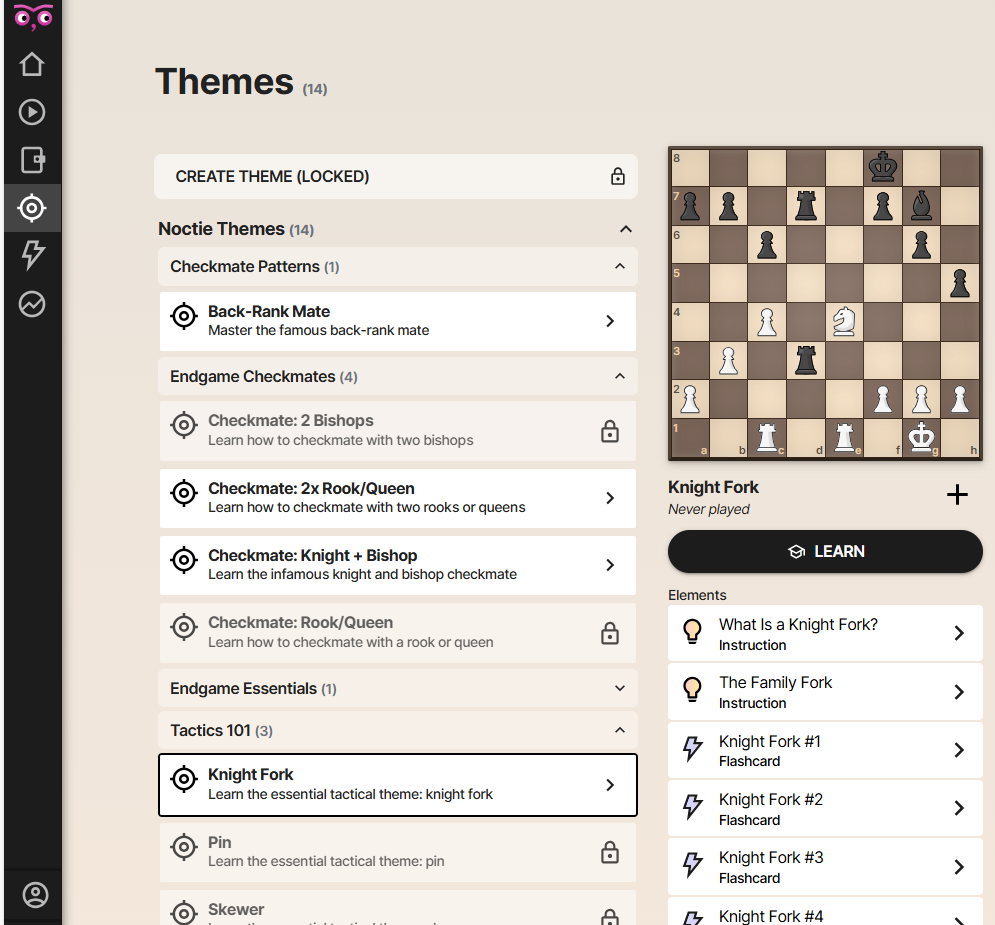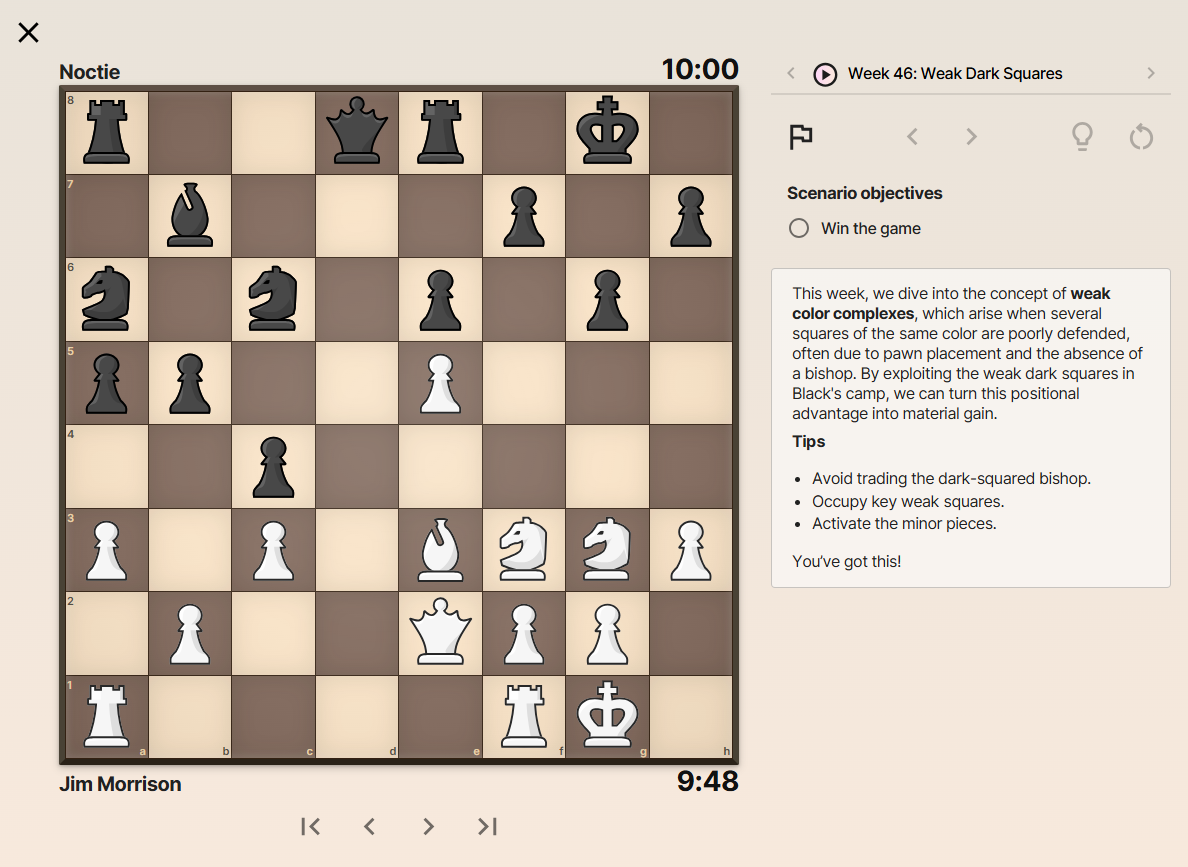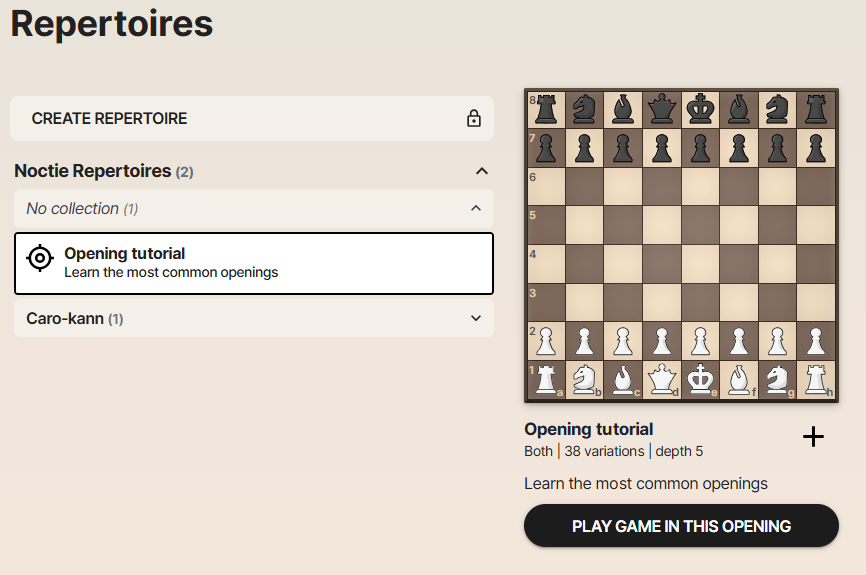Even More Tools and Weapons
Software Tools to Improve and Track Your Chess Game Part 3
Welcome back, chess enthusiasts! This week’s post dives deeper into the software tools that help me improve and track my chess game. I’ve recently wrapped up some games and spent time reviewing the tools I use (or plan to use) to take my analysis to the next level.
As part of these updates, I’ve revamped my blog page. The tournament section has been updated, although I’ve paused the puzzle section for now. Despite receiving no feedback on the puzzles, I may still add occasional puzzles, just not on a weekly basis. During this update, I ran into a few technical hiccups. My GitHub-hosted website had stopped syncing, so I moved the Jekyll site to a new service. This migration caused some glitches with image links, and I’m still ironing out these issues.
In Part 1, I shared my initial impressions of ChessBase 18 and my decision to invest in the MegaDatabase to consolidate games and keep a structured record of analysis. My verdict remains the same: if you’re a serious amateur, these tools are invaluable. In addition to ChessBase, I’ve also been using UltraCorr by Dr. Tim Harding, which is an incredible correspondence game database at a fraction of the price of ChessBase Correspondence Database. UltraCorr’s quality is top-notch, and I find it especially useful to pair it with the ChessBase MegaDatabase. I update – so to speak – my Mega Database version with games I finished and the associated tournaments to keep it on track.
Interestingly, more Grandmasters are beginning to reference correspondence games in their opening theories and strategic preparations. This strengthens the case for including correspondence databases, as these games often delve deep into complex lines.
One of the most impressive tools I’ve encountered recently is Noctie.AI. This startup is making significant strides in creating an AI-driven chess training platform. If you haven’t checked out my previous post on Noctie.AI, or if you’re new to it, I highly recommend watching the introduction video below:
Noctie.AI recently introduced new themes, such as:

These features make Noctie a unique tool in the chess training landscape. Unlike many apps that focus on raw tactics, Noctie’s themes and human-like puzzles offer a refreshing, personalized learning experience. One of my favorite additions is the weekly scenario challenges, which allow you to test your skills in practical, realistic game situations.

Another valuable feature in Noctie is the repertoire training tool, where you can import your repertoire and practice it against the AI. Noctie offers immediate feedback, helping you understand your weak points and hone your responses. It has to be a single PGN. Typically, you have your repertoire in ChessBase with multiple PGNs for White, rather than a single PGN. Keep that in mind.

For more on this feature, check out the video below:
Initially, everything was about Blitz. However, Blitz alone won’t improve your chess. Noctie.AI now offers a 15+10 Rapid option, which, while not yet ideal for a learning setup with a virtual coach, is certainly a step forward.
As a relatively new startup, Noctie.AI is still refining its product, and there are a few limitations. While the tool has partnered with the chess streamer hangingpawns to create tutorials, I’d love to see even more in-depth guides. Here’s an example of hangingpawns demonstrating endgame principles with Noctie:
Curious about your own chess skill level? Noctie makes it simple. Its AI provides an evaluation of your playing strength after a single game. Play a few games to get a more accurate rating.
Noctie has also added live move feedback with labeled guidance. This improvement is especially beneficial for onboarding new users, as it makes the experience both educational and enjoyable. For example, Noctie now adds text labels to live feedback, which has been popular among users.
At $14 per month, you’ll need to decide if Noctie.AI is worth adding to your growing list of subscriptions. Even if it’s just for a limited time, it could be a valuable tool to test and see if it helps you improve.
If you’re exploring other options for chess improvement, consider traditional tools like Fritz 19, or take a closer look at DecodeChess. I’ll dive deeper into DecodeChess in Part 3 of Tools & Weapons.
For now, here’s a quick comparison: unlike Noctie.AI, DecodeChess provides detailed explanations of why a move is suggested, why it’s better, and what threats or opportunities it addresses. It’s like having a virtual chess coach offering deeper insights into your game. If you value understanding the reasoning behind move choices, DecodeChess could be an excellent complement to your weapon training arsenal.
Amici Sumus – We are friends! Thank you for reading! I’ll continue to share my thoughts and results from the latest tournament games and chess adventures here. If you find value in my analysis and insights, consider supporting me with a virtual coffee ☕️ (or maybe even a beer!). Your support helps keep this blog going strong.
Click the coffee mug icon below to contribute—it’s appreciated!
If you’d like to try Chessify, use this referral link.
Stay Connected!
If you haven’t already, subscribe to the blog and share it with your chess friends.
